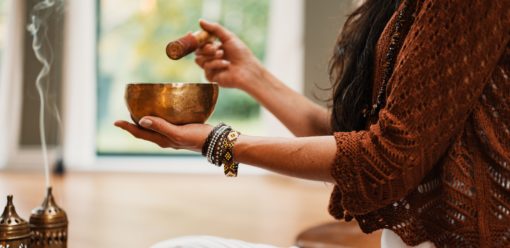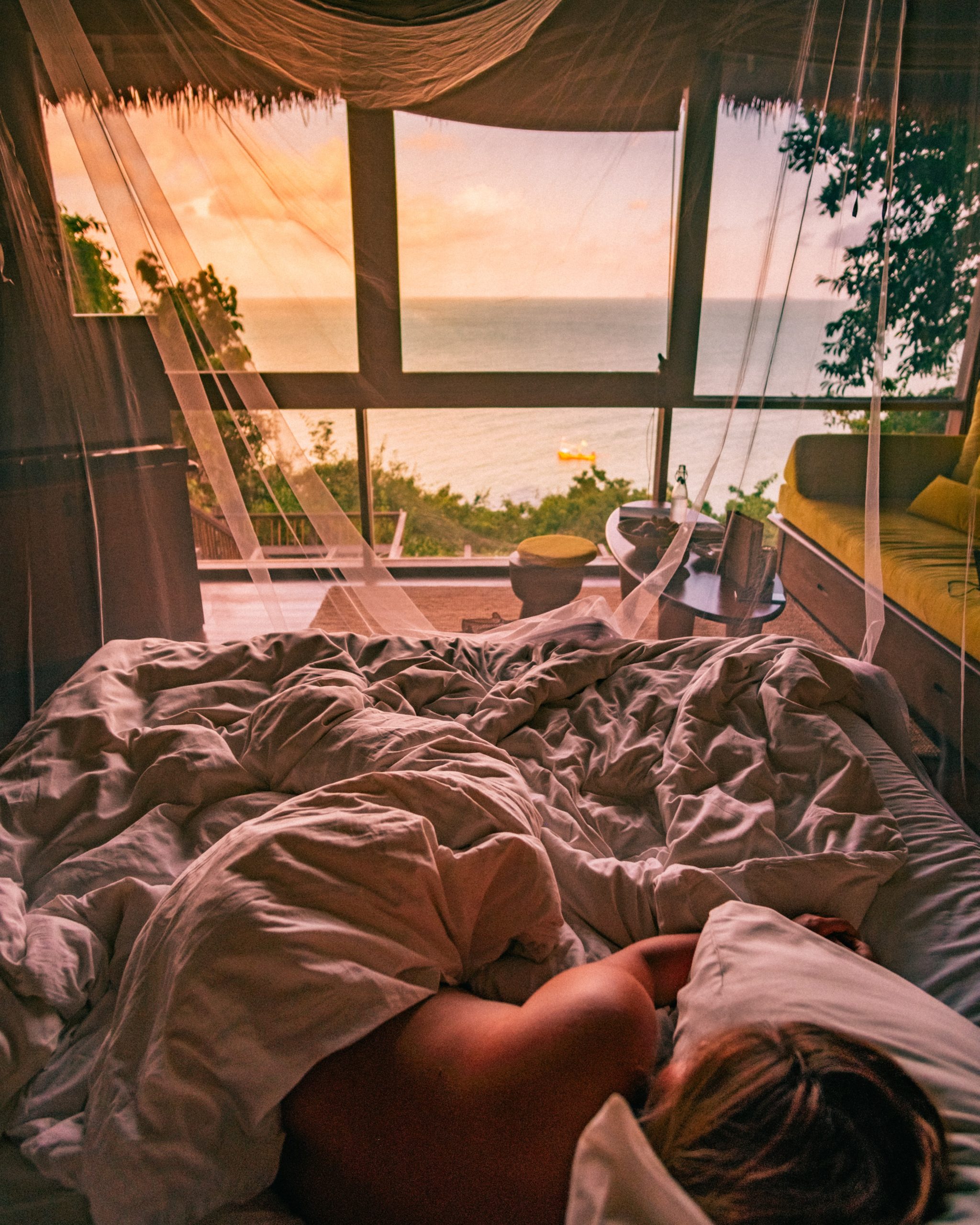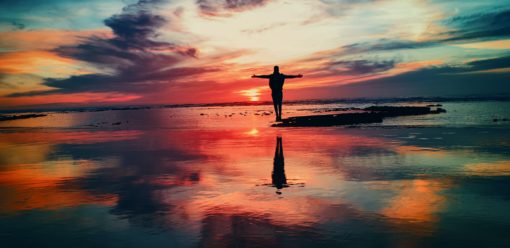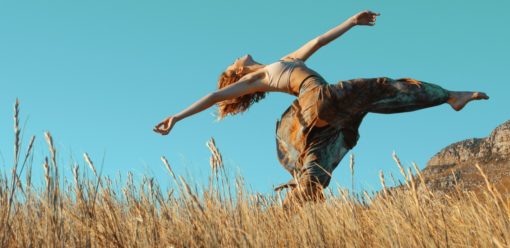Sleep is vital for human health and happiness and the quality of our sleep affects everything from our body’s immune function to our nervous system.
“The secret of good health lies in a good and restful sleep. One who sleeps well restores his energy, revitalizes his inner system, and tones up his muscles… Is sleep not the infallible miracle drug, not just a cure for one illness but for a hundred.” Li Liweng, 1611-1679
Why is sleep so important?
Sleep is responsible for the maintenance of nearly all of our body’s systems and cells. The function of every kind of tissue and cell within our body – from the brain, heart, and lungs to our metabolism, mood and immune function and resistance to illness relies on the body’s ability to get good quality sleep. We spend roughly one third of our life on earth asleep; and along with eating well, moving our bodies and spending time outdoors, it is one of the key pillars to our overall health and our sense of wellbeing.
What constitutes ‘good and restful sleep’?
When we have no problems with sleep, we tend to take it for granted, yet when we are starved or in shortage of it, we yearn for it. We all know the difference it makes to our day when we can spring out of bed, full of vitality and optimism, versus the times it feels more like a groggy, foggy haze.
Our sleep quality has a lot to do with the type of sleep we have, as well as how much of it we manage to get. The irony is, when we are sleep deprived, we can’t sense the true extent to which it is affecting us, because sleep is needed for our mind to be able to function properly.
Most studies suggest that in order to wake up feeling well rested, we need the right amounts of rapid eye movement (REM) sleep and non-REM sleep. These two types contain four stages.
- Non-REM sleep happens first, and moves through three stages. The last two stages are when deep sleep occurs. It’s more difficult to wake up from this stage of sleep.
- REM sleep happens about 60-90 minutes after falling asleep. It is essential for memory, learning, creativity and cognitive function. This is also when we are most likely to have vivid dreams.
- Throughout the night, we move through all stages of non-REM and REM sleep several times. The longer, deeper REM sleep tends to occur towards morning.
Clinical psychologist Dr Michael J. Breus AKA “The Sleep Doctor” thinks how well we sleep is down to the type of sleeper we are. In his TED talk, he explains why he believes how well a person sleeps is actually determined by their chronotype; the way we are programmed to sleep in accordance with our internal body clock. He categorises sleepers into four types, and suggests the best exercise and fuel according to your biological category. We humans love to analyse our character through astrology, personality tests and ayurvedic types, so why not by our sleep patterns?!
What prevents us from sleeping?
Sleep and stress are intrinsically linked in a vicious cycle. While stress can lead to sleep loss, sleep deprivation can in turn increase stress. The triggers of our stress are variable; whether we’re worrying about work, money, social events, never-ending to-do lists, ruminating on events of the past or overthinking the future, stress is the sleep thief. The Great British Sleep Survey revealed that 75% of women and 25% of men frequently had issues sleeping and attributed the reason to a ‘racing mind’ that was occupied with events of the past or the future.
This suggests that practices that can distract us from our ‘monkey mind’ may be helpful. Experts recommend good Sleep Hygiene practices like avoiding screens or bright lights, taking a warm bath, listening to a guided meditation or Yoga Nidra (yogic sleep) and using sedating essential oils as an anchor to root us in the present moment.
How do we plan to help you sleep?
Here at Believe, we want to ensure our guests are able to switch off from the stresses of modern life from the moment they arrive on the island, and even more so when the evening draws in and our guests head back to their rooms for the night. From exposure to Nature’s sounds and rhythms, ambient lighting and personalised pillows, ultra comfy beds and cool linen bedding, sedating aromatherapy oils and sleepy herbal tea, to encouraging tech detox and offering sleep therapy podcasts our retreats will have you falling into a peaceful slumber in no time.
“Sleep is the single most important health behaviour we have. It affects everything from our day-to-day functioning to our long-term physical and mental health.” Russell Foster, Head of the Sleep and Circadian Neuroscience Institute, University of Oxford.
https://www.ncbi.nlm.nih.gov/pmc/articles/PMC4286245/https://healthysleep.med.harvard.edu/need-sleep/whats-in-it-for-you/moodhttps://royalsocietypublishing.org/doi/10.1098/rsfs.2019.0092https://www.forbes.com/sites/daviddisalvo/2018/11/12/understanding-the-link-between-sleep-and-anxiety-and-other-findings-from-the-neuroscience-of-sleep/https://pubmed.ncbi.nlm.nih.gov/17296887/https://healthysleep.med.harvard.edu/healthy/matters/benefits-of-sleep/learning-memoryhttps://thesleepcharity.org.uk/survey-reveals-covid-19-having-severe-impact-on-sleep/https://www.headspace.com/sleep/sleep-hygiene

Rest, Recover & Renewal
0


